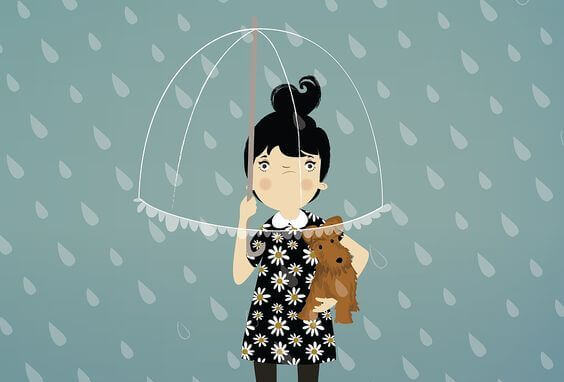As with all concepts, or as with everything in life, there are never definitive categories or absolute definitions. It happens with pride, which can be used right or wrong. In psychology two types of pride have been defined, positive and negative. Positive pride is called self-esteem and self-confidence, and negative pride is called pride.
The first is necessary to feel safe and lead a balanced life, to value itself to its right extent, to be in life and to be proud of it: it is an absolutely healthy thing; the second, pride, which takes us away from the world, will be the best generator of conflict that we can include in our lives.
- The positive side of pride is defined as the overestimation of oneself and one’s own merits.
- So that one believes oneself superior to others.
- This kind of pride prevents us from recognizing and correcting our own mistakes and highlights the lack of humility.
Humility, a quality contrary to pride, is what allows us to adopt an open, flexible and receptive attitude to learn what we do not yet know, proud people make many mental complaints about their exaggerated egos, complaining about people, situations, time, country, etc. , this will inevitably lead them to move from one conflict to another.
“If we do not moderate pride, it will be our greatest punishment. -Dante Alighieri-
The word superb comes from the superb Latin? A and it is a feeling in which the person values himself in relation to others, overestimating himself in relation to others. It is a feeling of superiority that makes a person proud of his or her own qualities or ideas and belittles those of others. said pride can lead to pride. Pride is an attitude of pride that finds its definition in the audacity of this person who boasts of himself.
Pride, which makes us feel superior every time we compare ourselves to someone, reflects a complex of inferiority, hence the pride with which we try to show that we are always right, we also use vanity, highlighting our merits, virtues and achievements.
These people can be very ideologically intolerant, cling to a single position and not allow the contribution of others, their capacity for self-recognition is very low, as well as great resistance to the demand for forgiveness and personal change: they do not think about changing, because they think they are doing everything right.
These people have emotional stiffness, emotional distance. They barely forget an offense. These characteristics block interpersonal relationships.
Honesty can be very painful at first, but in the medium term it is very liberating, this allows us to face the truth about who we are and how we relate to our inner world, that’s how we begin the path to our emotional well-being. Cultivating this virtue has several therapeutic effects.
First, it reduces the fear of knowing and facing our dark side, nor does it allow us to continue to wear a mask to please others and be accepted in our social and professional environment, in turn, this quality prevents us from moving forward. hide our emotional conflicts under the carpet.
Honesty gives us the strength to question ourselves, identifying lies and lies that threaten us, like temptations, from within. As honesty becomes part of our being, our pride will eventually fade by not having to play roles, in order to convey the image of someone we are not.

